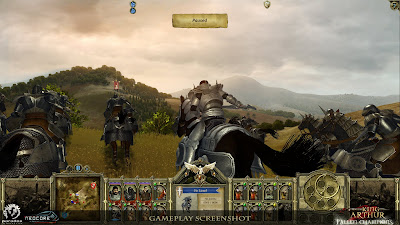ign.com
How crafting, alchemy and well-constructed mythology could make Skyrim one of the most impressively cohesive worlds in gaming.
UK
UK
If there's one thing that games almost always lack, with their eagerness to entertain and often underdeveloped scripts, it's believability. It usually stems from a lack of cohesion: it's difficult to believe that you're wandering around a real world when everything that you can interact with gleams with a highlighted shine, or when helpful tips keep popping up to remind you to press Y to get on your horse, or when there's a ridiculous story told in unskippable cutscenes. You're often snapped back to real life by their lack of subtlety.
Indeed, modern games are so tailored to the player's comfort that they often compromise their own fiction for the sake of it, making things purposefully obvious and easy to digest instead of rich and rewarding. The end result is that their worlds aren't easy to really believe in. How many times in a game have you really felt like you were wandering around in a real place, rather than a series of carefully-crafted scenarios for you to "experience"?
Bethesda has always excelled here, creating games that succeed where almost all others come up short. Bethesda's worlds exist independently of you, the player. Follow a Skingrad drug-dealer as she leaves her home in Oblivion, and you'll see her spend an entire day and a half walking all the way across the world to the Imperial City to supply some off-the-wagon soldier with Skooma, whether you're there to watch her do it or not. That haggard old booze hound in the derelict bar in Fallout 3 will sit there all day, getting up occasionally for a go at the slots. Foxes chase rabbits, wolves chase foxes, and guards valiantly defend villages from bandits (and dragons). Bethesda is far from the only developer to attempt this natural, player-independent game ecology, but it has always done it extraordinarily well.








